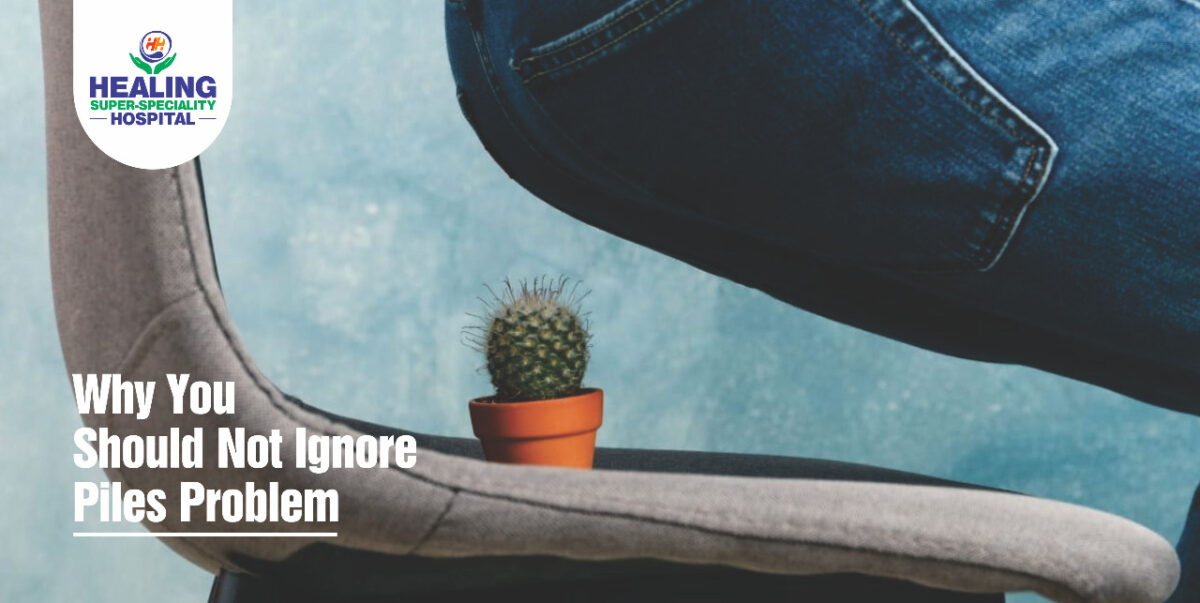Piles or Haemorrhoids is a problem in which the veins at the lower end of the rectum become inflamed and swollen. Piles can be excruciatingly painful and awkward, but you should know that it happens to a lot of people. With appropriate awareness and care, piles can be easily managed. If ignored, however, it can lead to a lot of complications.
| Contents: Symptoms of PilesCauses of PilesSevere Effects of PilesWhat can you do to treat Piles at Home? |

Symptoms of Piles
It is important to pay attention to symptoms of piles so that you can take necessary precautions and treatment on time. In doing so, you can prevent it from becoming a chronic problem. Following are some of the common symptoms of piles:
- Feeling of a rough, painful lump around the anus which may have coagulated blood in it. Blood-filled piles are known as thrombosed external haemorrhoids.
- Feeling of bowels remaining full even after passing stool.
- Experiencing pain during bowel movement.
- Itchy, swollen, and irritated skin around the anus.
- Noticing the presence of blood after a bowel movement.
Also Read: https://healinghospital.co.in/advanced-laser-treatment-for-piles-in-chandigarh-no-fear-of-stitches/

Causes of Piles
There can be various causes of piles. Some of them are as follows:
- Constipation
- Lifting heavy weights
- Extensive pressure while passing stool
- Chronic Diarrhoea
- Pregnancy
Severe Effects of Piles
If you ignore the problem of piles, it can lead to very severe circumstances. Therefore, piles treatment should be sought in time to prevent any of the following critical effects:
- Mass protruding out from anal opening: If piles are not handled at the first stage, they may grow into a pile mass which can protrude from the anal opening while passing stool. This pile mass can emerge even when sneezing or coughing in later stages.
They are also more likely to become infected at this point because the piles are usually outside the anal opening.
- Anaemia: Piles can also result in persistent blood loss in patients. Because of the frequent bleeding, patients can develop the condition of anaemia.
- Infections: When the masses are larger and numerous, cleaning the area around the anus becomes more difficult. Because of inflammation and discharges, the piles patient may have poor hygiene around the anal region which can lead to various infections.
- Complications after Surgery: In extreme cases, a patient may be required to undergo a piles surgery, but it can also lead to certain complications. These complications include the following:
- Excessive bleeding, which does not cease even after surgery.
- Chances of getting infected after surgery.
- Anal fistula, which is a link between the area of piles and the anal canal.
- Lack of control over the passing stool caused by damage to the sphincter muscles.
Read More: https://healinghospital.co.in/piles-symptoms-causes-and-treatment-by-specialist-in-chandigarh/
What can you do to treat Piles at Home?
In the first stage of piles, one can treat it at home by a slight change in diet and lifestyle, taking herbal supplements and doing regular exercise. Following are some steps that you can follow to treat piles at home:
- Include roughage-rich vegetables such as onion, bitter gourd, radish, and turnip in your diet.
- Exercise daily for at least 15 minutes.
- Increase your water consumption to at least 8 glasses a day.
- Avoid eating processed foods.
- Increase your fruit and vegetable intake.
- Refrain from sitting in one place for long intervals.
- Keep track of your bowel movements.
You can recover from piles fully if you get the right treatment at the right time. Therefore, you should not ignore the piles problem and should follow your doctor’s instructions and stick to a routine for prevention from severe effects of piles.
To get the best piles treatment in Chandigarh, click here: https://healinghospital.co.in/general-surgery/
























